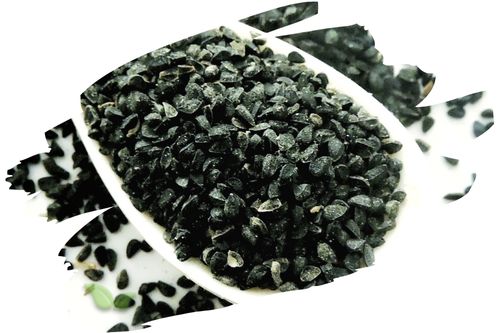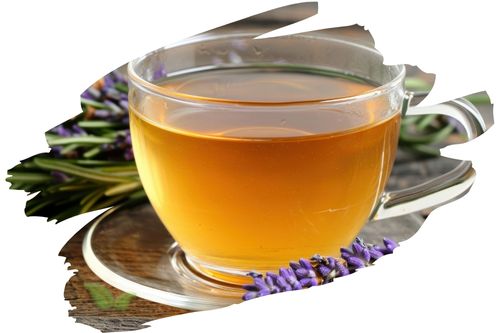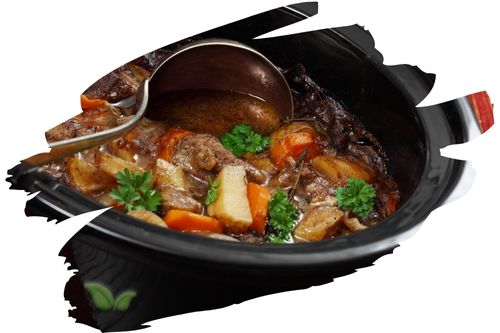
Introduction
Aromatic seeds are the backbone of many cuisines, adding depth, aroma, and flavor to dishes. Three seeds that often lead to confusion due to their similar appearances are cumin, caraway, and coriander. While they might share certain visual traits, each seed boasts a unique flavor profile that can transform your culinary creations. In this article, we'll delve into the differences between cumin, caraway, and coriander, allowing you to better navigate their usage in the kitchen.
Cumin: Earthy and Warm
Flavor: Cumin (Cuminum cyminum) offers a robust and earthy flavor with slightly nutty undertones. It has a warm and slightly peppery taste, often described as a combination of citrusy and smoky notes.
Aroma: The aroma of cumin is rich and distinctive, filling the air with a warm and inviting fragrance. When toasted, cumin releases its essential oils, intensifying its aromatic qualities.
Culinary Uses: Cumin is a staple in cuisines around the world. It's commonly used in spice blends, such as curry powder and taco seasoning. Cumin seeds can be toasted to enhance their flavor before being added to dishes, or they can be ground into a powder for convenient use.
Caraway: Anise-like Delight
Flavor: Caraway (Carum carvi) has a unique flavor profile often described as a combination of anise and citrus. It carries a slightly sweet undertone, reminiscent of licorice, which sets it apart from other aromatic seeds.
Aroma: The aroma of caraway is distinctively herbal, with hints of anise and citrus. When used in cooking, it imparts a delightful fragrance that elevates dishes.
Culinary Uses: Caraway is popular in European cuisines, particularly in rye bread and sauerkraut. It's also used in liqueurs and spirits, adding a distinct herbal note to beverages. Ground caraway can be added to savory dishes, providing a unique and pleasant flavor.
Coriander: Citrusy Freshness
Flavor: Coriander (Coriandrum sativum) offers a fresh and citrusy flavor with a hint of warmth. The seeds have a slightly nutty taste that pairs well with the citrus notes, making them versatile in various culinary applications.
Aroma: The aroma of coriander seeds is bright and citrus-forward, creating a refreshing and inviting scent. To enhance the aroma, the seeds can be dry-roasted before use.
Culinary Uses: Coriander is widely used in cuisines worldwide, from Indian curries to Middle Eastern dishes. Its ground form is a key ingredient in spice blends such as garam masala. The seeds are also popular for pickling and can be used to add a citrusy twist to both sweet and savory recipes.
FAQs
Can I substitute cumin for caraway or coriander?
While cumin, caraway, and coriander each have distinct flavors, they can be used as substitutes for one another in a pinch. Keep in mind that the final flavor profile of your dish may vary.
Are there any health benefits associated with these seeds?
Yes, all three seeds—cumin, caraway, and coriander—have potential health benefits. They may aid digestion, support immunity, and provide antioxidants. However, their individual benefits may differ.
Can I grind these seeds at home?
Yes, you can grind these seeds at home using a spice grinder or mortar and pestle. Freshly ground seeds offer a more intense flavor, enhancing your dishes.
Conclusion
Cumin, caraway, and coriander are seeds that might share a place on the spice rack, but their individual flavors set them apart in the culinary world. From the earthy warmth of cumin to the anise-like delight of caraway and the citrusy freshness of coriander, these seeds offer an array of possibilities to experiment with in your cooking. By understanding their unique characteristics, you can confidently incorporate them into your recipes and create dishes that are bursting with distinctive flavors.
Alert: While spices can have many beneficial properties for health, using them for medical purposes should be done under the guidance and supervision of a healthcare professional or specialist. Some spices may interact with medications or cause adverse reactions in certain individuals, and it is important to use them safely and appropriately. If you are considering using spices for a medical condition, it is important to consult with a healthcare professional before doing so.




















































